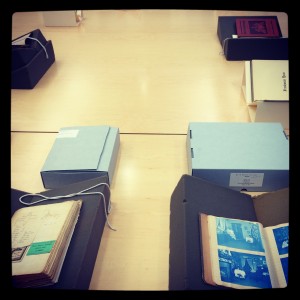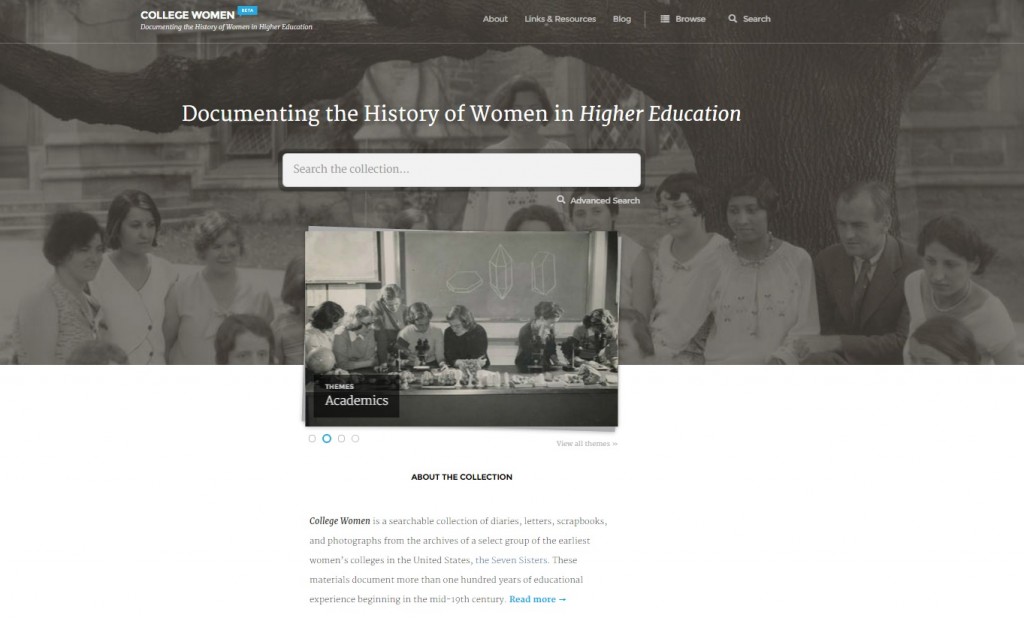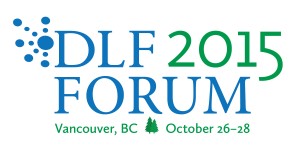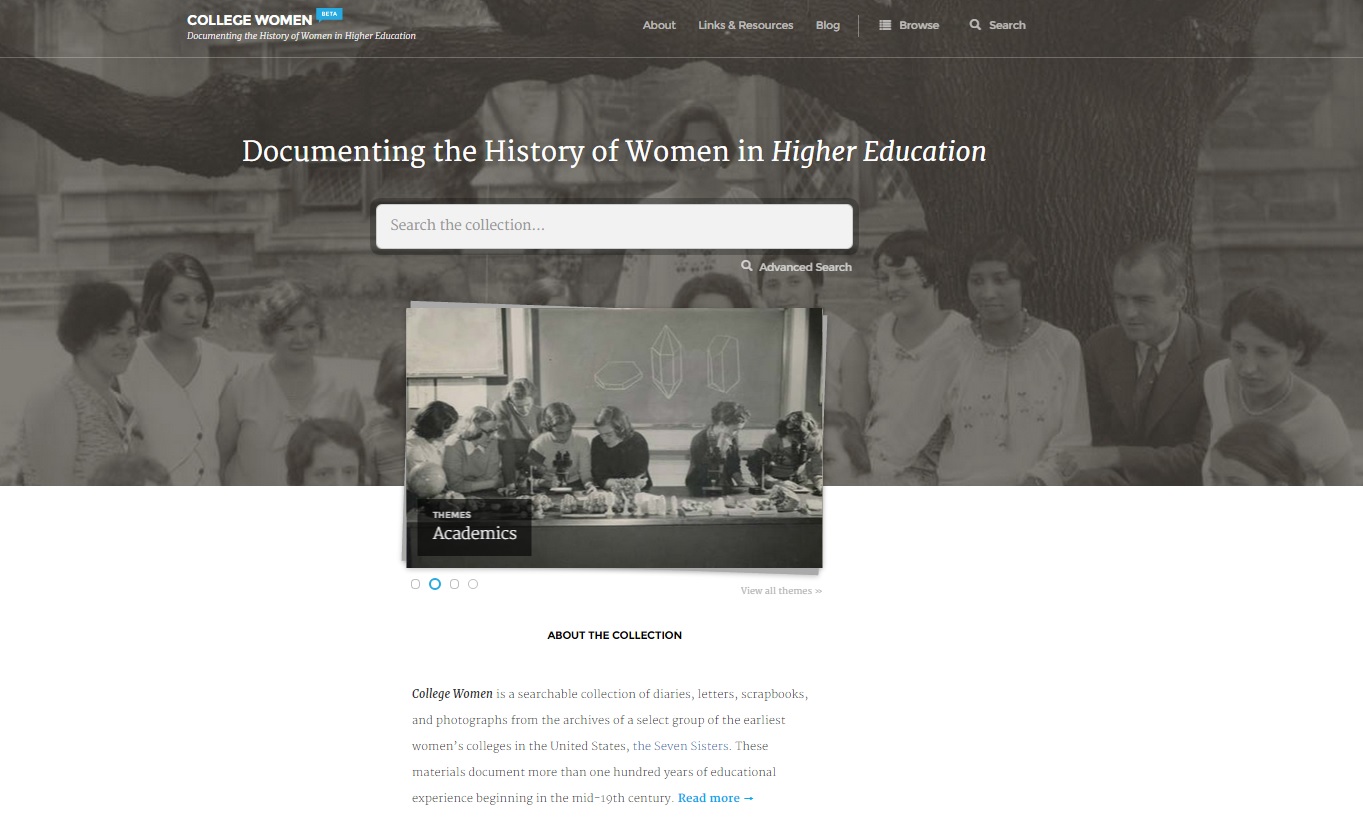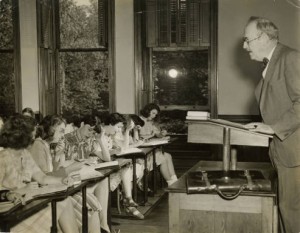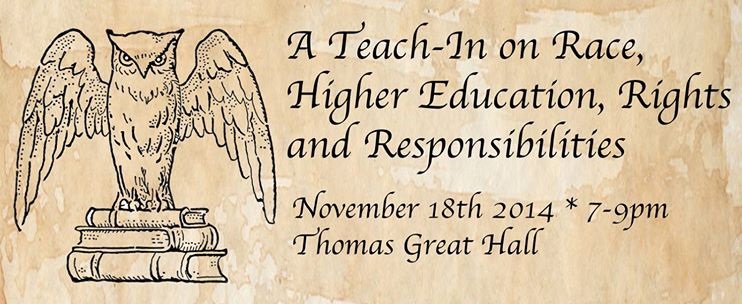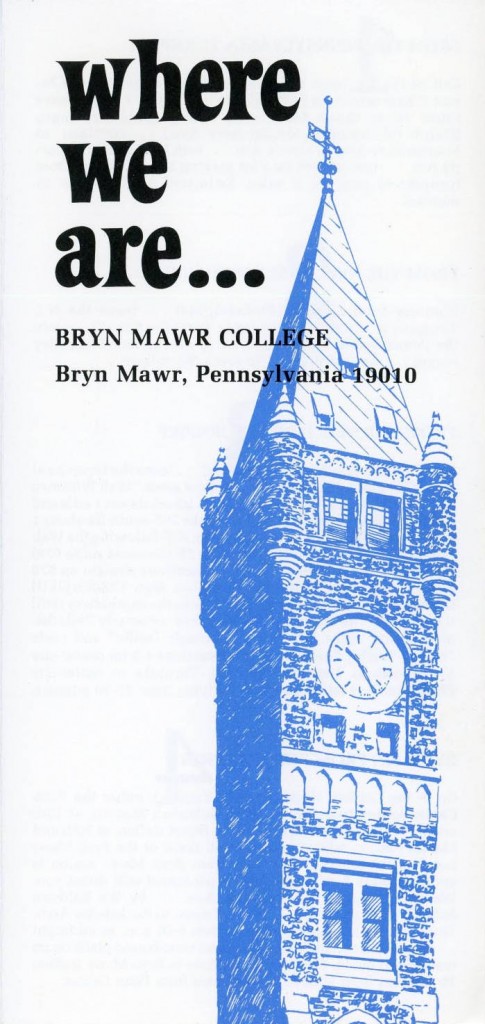 This month, the Greenfield Digital Center for the History of Women’s Education and Bryn Mawr LITS are pleased to partner with the Wiki Education Foundation to discuss how and why instructors might consider building Wikipedia assignments into coursework.
This month, the Greenfield Digital Center for the History of Women’s Education and Bryn Mawr LITS are pleased to partner with the Wiki Education Foundation to discuss how and why instructors might consider building Wikipedia assignments into coursework.
On Tuesday, February 16 from 4:30-6pm in the Quita Woodward Room (Thomas Hall), we will host a workshop with Jami Mathewson, Educational Partnerships Manager at Wiki Ed, who will introduce the resources and tools available to support instructors teaching with Wikipedia. Jami will bring ideas from the NWSA women’s studies initiative, and share new plans for 2016’s Wikipedia Year of Science — including ways for instructors and students to join efforts aimed at increasing the representation of women in science on Wikipedia.
RSVP for the workshop here. Bring your devices, your questions, and your ideas!
Wikipedia and Women’s Studies
For more than a year, we’ve been following the National Women’s Studies Association’s Wikipedia Initiative, addressing the vast gender gap on Wikipedia. The easiest way to improve Wikipedia’s representation of women, they have shown, is to participate in the Wikipedia Education Program, a project in which students contribute content to Wikipedia in place of a traditional research paper through a classroom activity. The Wikipedia Education Program in the United States and Canada is run by the Wiki Education Foundation, a nonprofit organization that builds connections between universities and Wikipedia and other Wikimedia projects in the United States and Canada.
About Wikipedia
One of the world’s most widely read websites, with approximately 550 million unique visitors per month, Wikipedia articles are often the number one hit when using a search browser. Its broad public presence, open for editing to anyone, offers a unique opportunity to participate in an online community of practice.
Why teach with Wikipedia?
As an educational tool, the development of Wikipedia articles allows students to create collaborative work with a visible impact on a global audience. Whether adding new sources to existing Wikipedia pages or creating new pages on notable topics, students gain deeper insight into their course material and learn to evaluate critically the reliability of sources. With faculty and students reporting enthusiasm and high levels of motivation for the Wikipedia assignment over the more traditional, Wikipedia assignments have the potential to deliver education that goes beyond a semester.
Questions? Contact Monica L. Mercado, Director of the Greenfield Digital Center, at mmercado@brynmawr.edu. All are welcome.
